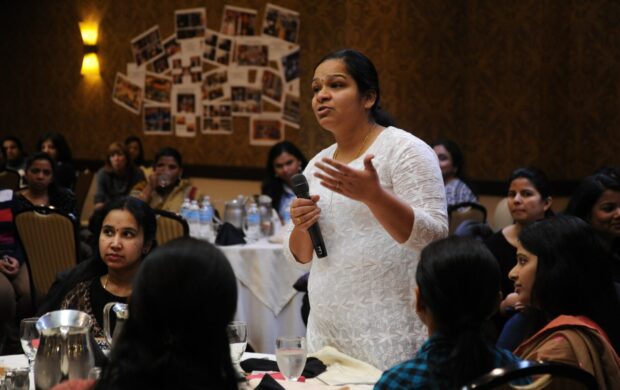The COVID-19 pandemic has driven many people to learn a new emotional experience in response to crowds or the physical proximity of others. Anxiety, fear, anger can contribute to a state of chronic stress, which unlike acute trauma, may have a long-term effect on our mental health.

So what?
The lingering “post-COVID-19 infection” physiological health problems are reported to range from chronic fatigue through lung damage to heart failure. It is unknown how long these might last and whether or not they might increase the likelihood of people suffering from other chronic diseases in the future. Even less, however, is known about the possible long-term adverse effects of the pandemic on mental health of both – COVID-19 survivors and the rest of the population. Can an enduring state of stress affect our perception of others in the longer term and how might it shape the future of physical interactions and the society more broadly?
Sources
-
 Will we ever trust crowds again? https://www.nationalgeographic.com/science/2020/09/coronavirus-will-we-ever-trust-crowds-again-cvd/
Will we ever trust crowds again? https://www.nationalgeographic.com/science/2020/09/coronavirus-will-we-ever-trust-crowds-again-cvd/ -
 From ‘brain fog’ to heart damage, COVID-19’s lingering problems alarm scientists https://www.sciencemag.org/news/2020/07/brain-fog-heart-damage-covid-19-s-lingering-problems-alarm-scientists
From ‘brain fog’ to heart damage, COVID-19’s lingering problems alarm scientists https://www.sciencemag.org/news/2020/07/brain-fog-heart-damage-covid-19-s-lingering-problems-alarm-scientists





















Join discussion